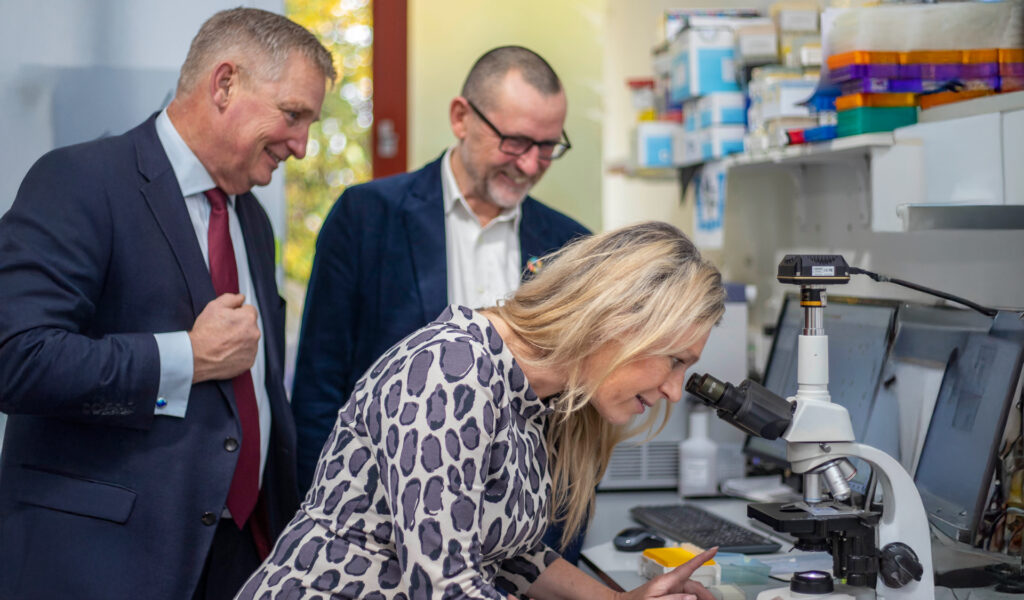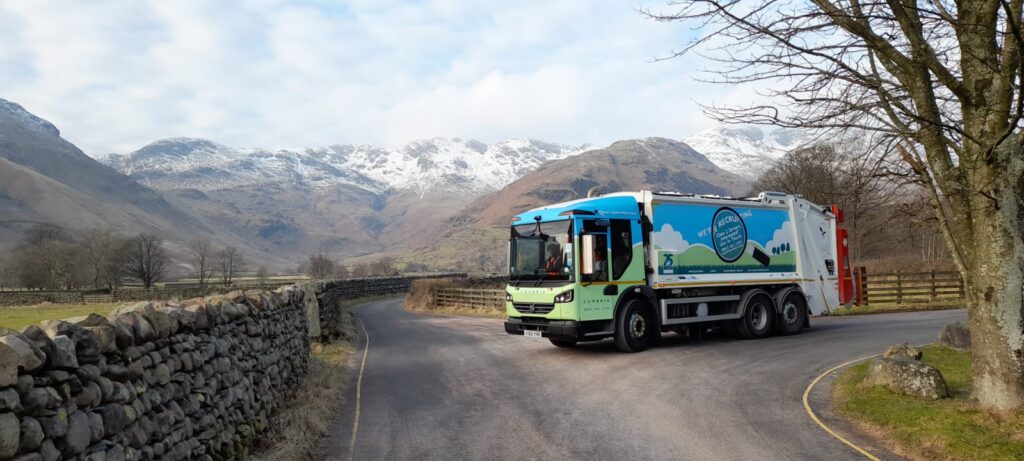The funding forms the second year of the £284 million “BREW” initiative, which is being used to keep the business sector sweet in the face of the Treasury’s main economic measure to divert waste away from landfill.

“Many businesses simply do not realise that they can expect to save around 5% of their turnover by cutting waste, often with little or no investment.”
– Ben Bradshaw
The Business Resource Efficiency and Waste initiative aims to help businesses cut their expenditure on waste disposal.
The Landfill Tax, paid on material sent to landfill, was confirmed by the Chancellor on Monday as rising to 21 per tonne in April 2006, up from 18 per tonne this year (see letsrecycle.com report).
Defra’s local environmental quality minister Ben Bradshaw announced today that all the organisations awarded money in the first year of the fund (see letsrecycle.com story) will have their funding continued in 2006/07. This includes WRAP, the Environment Agency, Envirowise and the Carbon Trust.
Additionally, grants will also go to a new fund for community groups and a sustainable procurement programme.
Bradshaw
Mr Bradshaw said: “Many businesses simply do not realise that they can expect to save around 5% of their turnover by cutting waste, often with little or no investment. Add on top of that savings through improved resource efficiency , whether that be water use, energy use or the use of virgin materials, then we are talking about a substantial amount of money out there to be saved.
“The Landfill Tax therefore shouldn’t be seen as a burden, but as an opportunity for businesses to really get to grips with some of their key environmental impacts while providing a welcome boost to profits.”
Full allocations are as follows:
- Envirowise – £19 million
- DTI – £8 million
- Regional Development Agencies – £12 million
- WRAP – £9 million
- Carbon Trust – £25 million
- Market Transformation Programme – £3.3 million
- Environment Agency – £4 million
- National Industrial Symbiosis Programme (NISP) – £6 million
- Defra waste data initiative – £2.1 million
- Royal Society of Wildlife Trusts – £2 million
- Strategic Supply Chain Group – 237,000
Protocols
The Environment Agency is to use its £4 million grant to tackle waste crime and improve the small business environmental legislation portal “NetRegs”. However, it is also giving £1 million of this to WRAP to develop guidance on how to recycle and recover certain types of waste. This should result in protocols helping to define when a waste has been sufficiently recovered to escape legal controls on waste (see letsrecycle.com story).
Liz Goodwin, WRAP’s drector of maerials, said: “The joint project between the Environment Agency and WRAP provides the opportunity to address some of the important issues around the definition of recovery of waste. The aim of this work is to open up more recycling routes for the wastes created by UK business and improving the economics of recycling throughout the supply chain.”
WRAP, meanwhile, also receives 9 million in its own right from the BREW fund for a range of projects including an SME waste collection pilots, market development for business wastes, capital support for recycling infrastructure and business development in the recycling sector.
| Related links: |
| Defra: BREW Initiative |
Among other awards, the Carbon Trust is to use its £25m to help organisations respond to climate change and cut their emissions, while Envirowise will help businesses cut waste, water and energy use with its 19 million allocation, as well as running “waste efficiency clubs”.
DTI will receive 8m to fund collaborative research and development on commercial and industrial waste issues.
The community sector is set to benefit from the £2 million going to the Royal Society of Wildlife Trusts, which is running a fund for community groups who have special expertise in helping businesses to become more resource efficient.







Subscribe for free